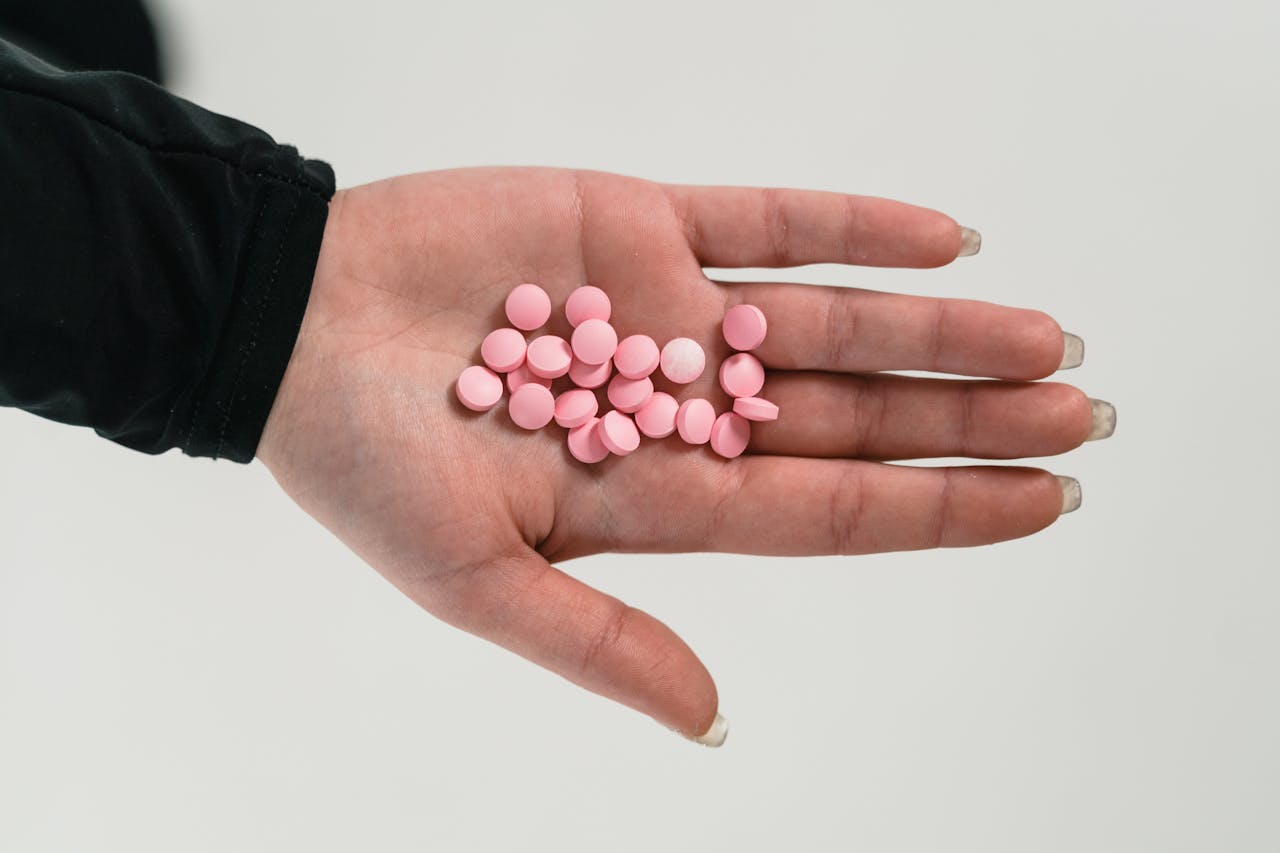Sometimes it can feel just too intimidating to seek help. If you don’t know where to start, it can be an intimidating step toward recovery. But, if there’s any single most important action toward becoming well again, it is this one – seeking help. In this article, we will identify five essential things about getting treatment for addiction in Massachusetts and what options are available to support you on your recovery journey.
Start With A Professional Evaluation
Before going into any form of treatment program, it is important to start with a professional evaluation. Using this approach, the nature of addiction and possible ensuing mental health issues can be ascertained. In Massachusetts, a lot of clinics and health centers offer free evaluation or assessment. A professional will assess your substance use, physical health, and emotional well-being to formulate a treatment plan fitted for you. Evaluation is important because it gives you a clear idea about your condition and the best treatment options for your situation. Then, you can be oriented toward the most appropriate recovery program.
Detox Programs To Begin Recovery
Detox often forms the very starting point of recovery from addiction. Detox programs in Massachusetts are preferably offered to cut out drug or alcohol intake within a safe medical environment. The professionals take care of your physical symptoms as you go through detoxification, and it ensures you feel safer and more comforted while passing through withdrawal. Depending on the severity of your addiction and your situation, you can take up an inpatient detox program or an outpatient detox program.
Choosing the Right Rehab Program
To begin recovering after detoxification, you need to opt for a rehabilitation program. There are inpatient programs, outpatient programs, and a type of program called intensive outpatient or IOP. Inpatient provides a more structured environment in which patients can focus on healing without distractions such as work or family. Out-patient programs are less restrictive, and patients can come to therapy sessions and then return home afterward. One great option is the highly respected Massachusetts Drug Rehab Center that has skilled experts to support you in both inpatient and out-patient programs.
Counseling And Therapy Service Accessibility
Counseling and therapy are two essentials of rehabilitation from addiction. Therapy gives patients an understanding of why they began on such an addictive pathway and teaches various techniques to sustain sobriety over the long term. Counseling services may include individual therapy, group counseling, and family therapy. There is cognitive-behavioral therapy (CBT) that is usually administered in treating patients in making changes from poor thinking patterns and behavior that causes addiction. Group therapy also provides peer support and a forum for discussing issues that are not only common to them but also comfort zones for sharing experiences. Furthermore, family therapy helps rebuild the relationships smashed by addiction. This is a more cohesive approach towards healing.
Follow-up Aftercare Program
Rehabilitation does not stop when you leave a rehab center. Otherwise, aftercare services are important because they will help you gain a footing in your sobriety journey and avoid going back to addiction. In Massachusetts, there are numerous aftercare programs, including sober living homes, out-patient counseling services, and 12-step programs like AA or NA. These programs also provide some care and a feeling of belongingness after discharge back to the mainstream of life. Aftercare keeps on reinforcing the skills and coping mechanisms that one learned while in rehab. Many Massachusetts Drug Rehab Centers have included aftercare as part of their treatment packages, and many have extended services for patients long after discharge from the actual treatment program. Extended treatment is a very important part of ensuring that the recovery gained is going to be long-term.
Conclusion
Treatment for addiction in Massachusetts is as simple as the first decision: getting help. From initial assessments to detox programs and continued aftercare, the state provides a comprehensive system of services built to help an individual through recovery. Structured inpatient programs may also be followed by outpatient treatment.





